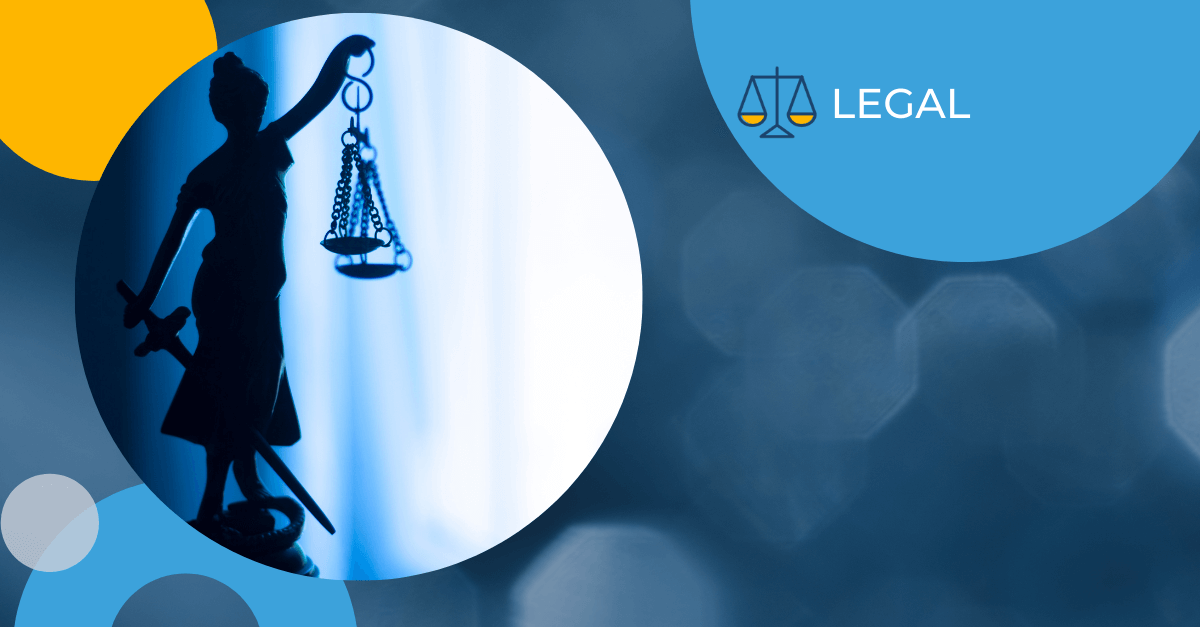Tag: legal document translation
Legal Translation: Who Should Pay?

The costs of legal translation incurred during litigation can be enormous. Document translation fees for a complex, cross-border litigation case can easily reach hundreds of thousands of dollars, if not more. Who should pay for translation services, and should the winner be reimbursed for the huge expense?
The Supreme Court will weigh in on this issue during its 2011-2012 term, which began last month. On the court’s docket is Taniguchi v. Kan Pacific Saipan, LTD, 633 F.3d 1218 (9th Cir. 2011) a case which will impact to what extent courts can award the winning party money spent for legal translation services during the course of litigation.
The case began when professional Japanese baseball player Kouichi Taniguchi fell through a wooden deck on Kan Pacific property and tore several ligaments. The injuries prevented him from playing, and he was forced to breach his contract. He sued Kan Pacific for negligence in order to cover lost wages, but ultimately lost the case. In addition, he was ordered to pay $5517.20 in legal translation costs to Kan Pacific for documents translated from Japanese to English. Taniguchi appealed.
In deciding Taniguchi, The 6th circuit had relied on U.S. Code § 1920. Title 28,1920 states that a court may reimburse the winning party for certain expenses like filing and printing transcripts, and also for certain interpretation services. The court relied on a dictionary definition of “interpret” which included “to translate into intelligible language.” Based on this, the court determined that “translation” and “interpretation” are interchangeable and that translation services should also be covered. Now as most translation companies will tell you, “interpretation” and “translation” are not synonymous. Translation involves written text; interpretation is oral and involves a speech or phone conversation. On appeal, The 7th circuit argued that this expansive definition of “interpreter” went too far, and split on allowing litigation costs like document translation to be included on the list of recoverable costs.
It was up to the 9th circuit to decide, and it ultimately agreed with the 6th circuit that courts could award the winning party the costs of legal document translation. Now it is up to the Supreme Court to make the final decision which could have far-reaching implications. The same reasoning that led the 9th circuit to decide in favor of reimbursing translation costs could impact e-discovery and a range of other litigation expenses. The cost-benefit analysis of entering into litigation could shift considerably given the potential reimbursement demands. Parties might agree to limit the amount of discovery and translation they do to hedge against paying the full costs later on, and the discovery process could become much more limited for certain cases. We’ll have more to say when this case is decided.
Get the latest insights delivered to your inbox
Legal Translations

One translation myth we are eager to dispel is that any skilled translator can translate a legal document. Unfortunately, this is about as true as believing that Google Translate can provide an accurate translation. Legal translations are uniquely challenging because they require high-level understanding of specific legal terminology in both the source and target language. Depending on the legal field and the complexity of the subject matter, a legal and/or scientific background is also a must. A legal translation company must also have a thorough understanding of the comparative legal systems that the source and target texts refer to. For example, when translating a Japanese legal document into English for a lawsuit that will be tried in an American court, important issues related to jurisprudence in both countries must be understood. Finally, the legal translation company must be thoroughly experienced and adept at the legal writing style of the target language, which can be very different than the legal writing style in the source language.
If the legal document also employs ideas and terminology relating to a scientific or technical field, then a translator must also have an educational background in that field and extensive experience translating materials in that field. For example, a Chemical patent should only be translated by a legal translator who has an educational background (preferably a Master’s Degree of higher) in Chemistry and significant experience with Chemical document translation.
A legal translator must have both the technical knowledge as well as the legal knowledge to accurately perform a legal document translation. Whether the document deals with patent law, corporate law, international law, or property law, he/she should have a demonstrated mastery of the terminology in both the source and target language.

